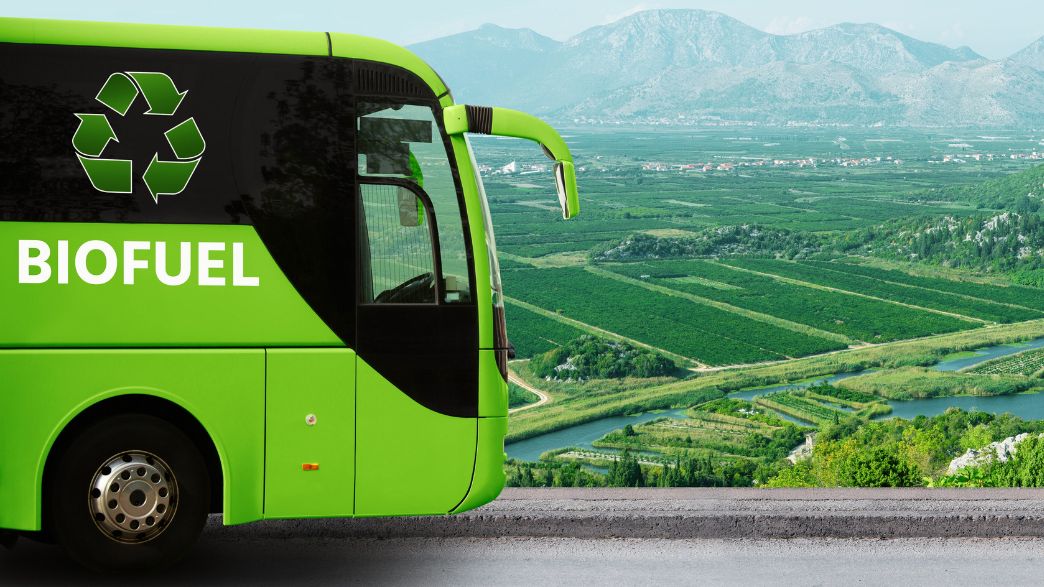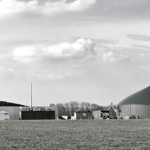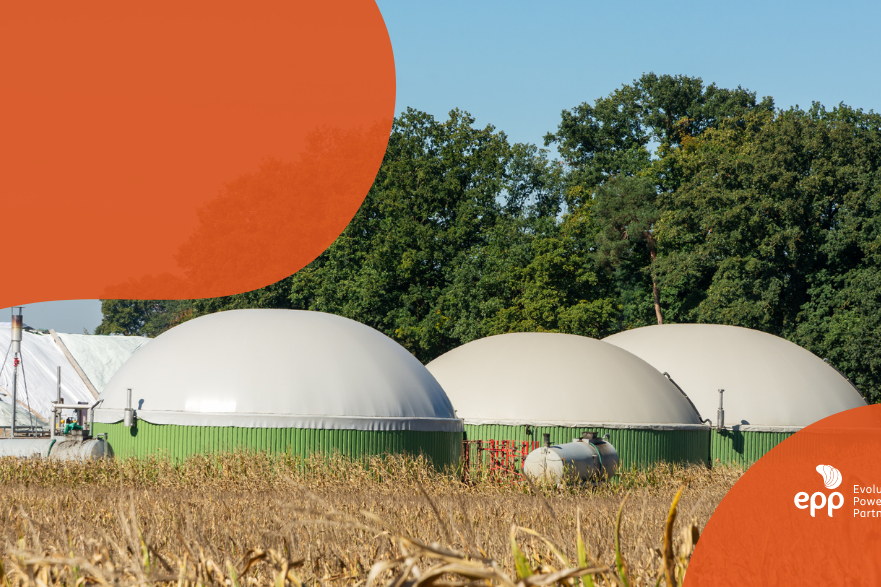How can the production of sustainable fuels from biogas contribute to a low-carbon economy?
Biogas is an alternative that has stood out in recent years to change the urban mobility scenario. With the urgent need to reduce Greenhouse Gas (GHG) emissions, renewable sources have become the best option for this change.
More and more companies are concerned about the need for a circular and low-carbon economy. Historically, there are sectors, such as industry and transport, that emit more polluting gases.
In Brazil, according to EPE’s 2022 National Energy Balance, the transport sector is the largest consumer of energy, responsible for 32.5% of Brazilian energy demand, and is also the sector that emits the most greenhouse gases (GHG).
The importance of biogas and biomethane for urban mobility
Biogas is already quite relevant in the production of energy or heat, but it is also important for urban mobility and the decarbonization of the transport sector. The climate agenda has required companies and countries to adapt and reduce the use of fossil fuels.
The transport sector needs to adapt to develop a cleaner market with a lower carbon footprint. Electric cars, for example, are one of the alternatives that have been expanded. The big obstacle for Brazil is the cost of the vehicle and the lack of structure to recharge the car.
In this case, biogas stands out. Fuel gas is a protagonist in the generation of clean energy, which also helps in the management of organic waste. After all, biogas is the result of the digestion of solid organic waste or solid urban waste. In addition, biogas can also be purified and generate biomethane, which is another gas that can be used in the transport sector.
A study carried out by the Brazilian Association of Biogas and Biomethane (Abiogás) states that biomethane has the potential to replace up to 70% of diesel demand in Brazil. Some automobile companies are already investing in biogas and biomethane as a fuel source and the expectation is that the new laws will strengthen the gas market, facilitating internalization in the country and reducing costs.
Sweden, for example, is a country known for its innovations and which has already managed to implement the use of biogas in urban mobility. The country recycles 99% of its waste and the capital Stockholm was the first city in the world to have 100% of its public transport powered by renewable fuels. There are around 450 bus lines to meet a daily demand of around 800,000 passengers.
In 2019, approximately 20% of Sweden’s entire bus fleet consisted of gas-powered buses. By 2030, the country should phase out natural gas in transport and replace it with 100% biogas.
Brazil’s potential in biogas production
Brazil has several factors that positively influence this expansion of use. As the country has a strong agribusiness, with a representative sugar and alcohol sector, sugarcane residues can be reused and used for the production of biogas and biomethane. In addition, research into the area and technology has expanded, increasing the productivity and efficiency of the process.
The country already has RenovaBio, which is a policy that encourages the use of biofuels. The policy values the establishment of annual and national targets that prioritize the decarbonization of the fuel sector.
Therefore, biogas is a versatile fuel that can be used as a renewable source of electrical energy, thermal energy and fuel. It is one of the green fuels that contribute to the decarbonization of the Brazilian energy matrix, mainly for the transport sector.






